Beautiful Sunday: cycling to visit two elderly villagers at the old hut.
The day was dry and pleasant, I had wanted to drop by to see the two elderly villagers who used to look after my land for me years ago. My gardener told me they had been given permission to use the old hut near the river and look after the land in that area. This hut was located near the dirt road making it very convenient for me to drop by. They were getting older each year, so I should take all the opportunity to visit them as often as I could.
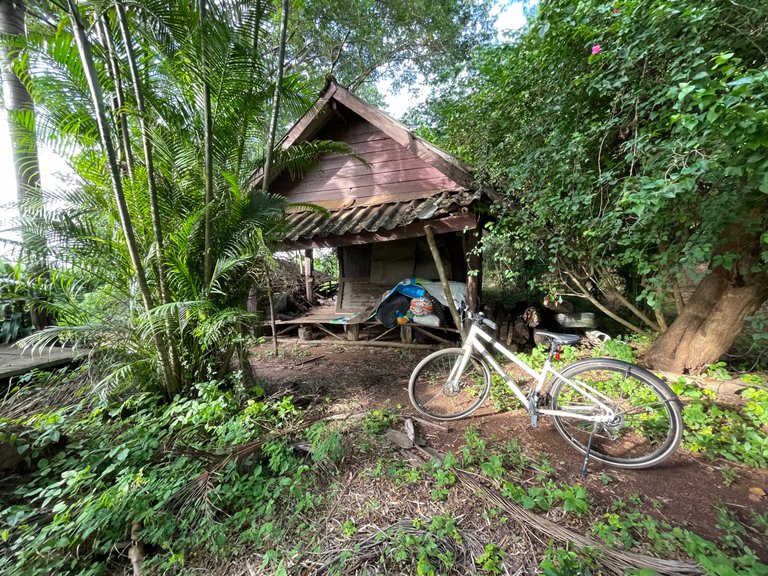
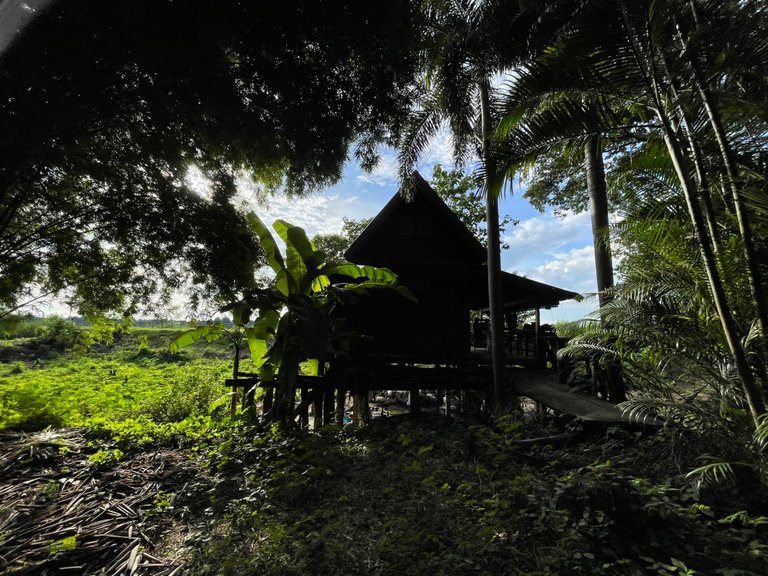
In the past, I had missed the chance to show my affection and gratitude to a few elderly people while they were still alive. I had no idea that elderly folks could suddenly fell sick and became very weak. I always felt lots of gratitude towards these two old villagers as they helped me in several ways without expecting any compensation. They did help planted some banana trees at the early phase of my project. But my blunt way of talking in the early days caused a “loss of face” for the elderly man.
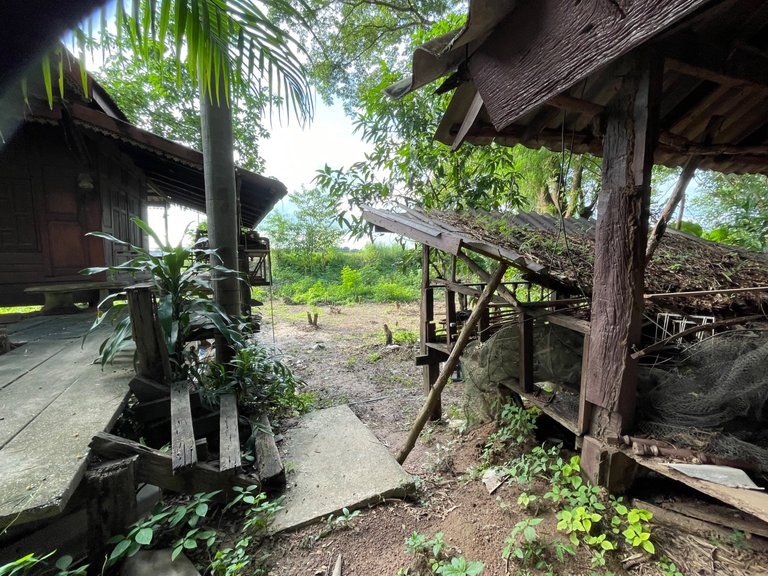
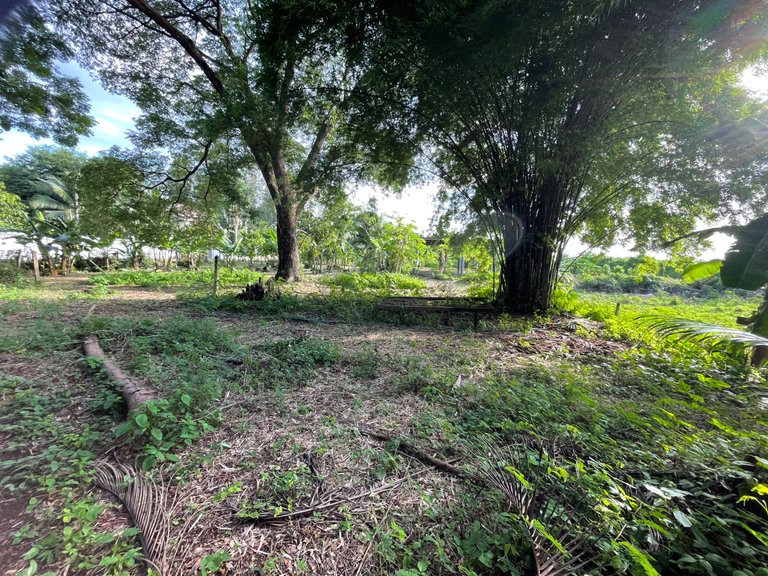
I had learned to adapt my mannerism and change the way I talked to local villagers. It took me ages to understand and accept different standards of communications. Being very westernised, keeping one’s words or promises and being punctual were basic norms in professional work. But this basic value system seemed strange and unacceptable by local villagers. They thought I was too serious. Being unpunctual was a cultural aspect of being ‘carefree’ and people would be flexible about keeping time.
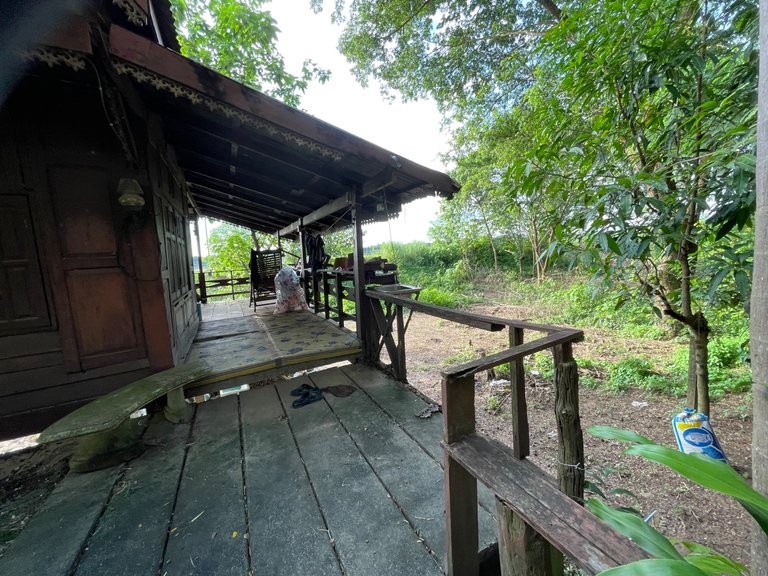
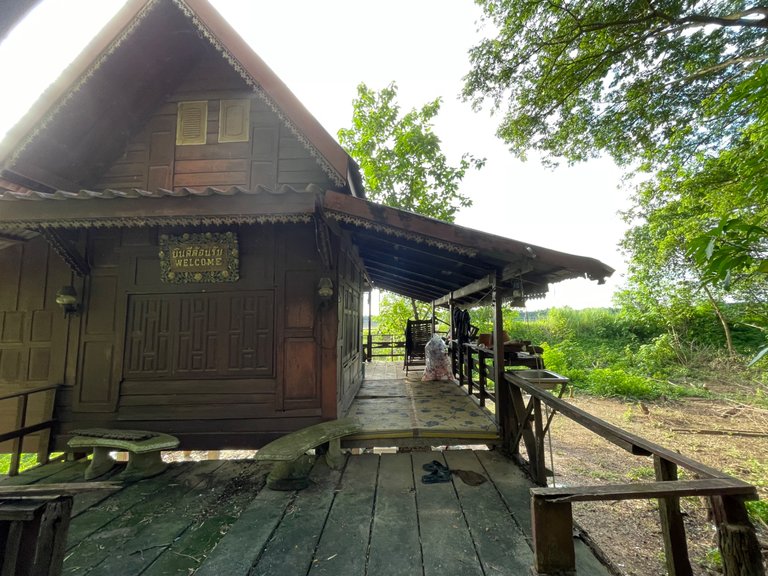
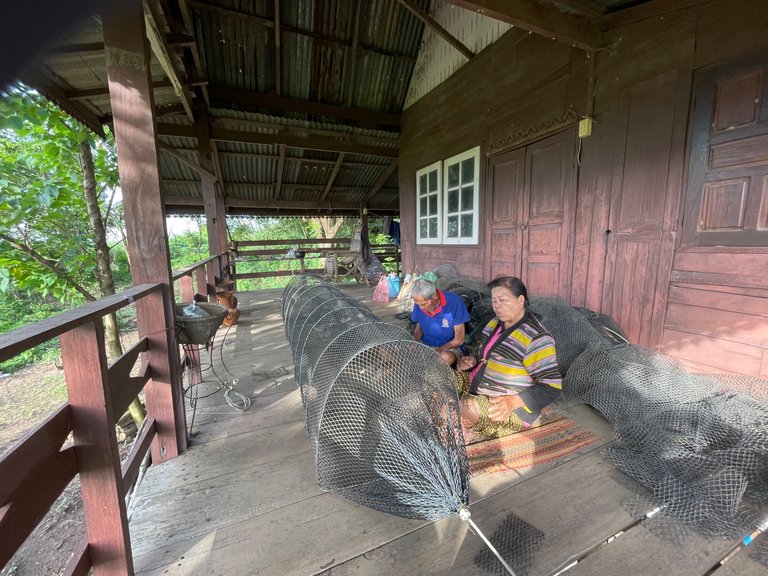
They would be very flexible about meeting appointments. They wouldn’t be exact about exact time, but they would say ‘some time in the morning’ which could mean from 8 am to noon. I realised that most villagers didn’t wear watches as they couldn’t afford them or they never have to wear watches while working in the fields. Their lives centered around activities in the temple. So, they would use meal time at the temple as an anchor. For example, they would say ‘see you after the monk’s lunch time. In the past villagers would go to offer food to monks at the temple, around 7.30 am. They would partake in the left over food on various trays before going to work. So, my gardener would arrive for work after her chores at the temple.
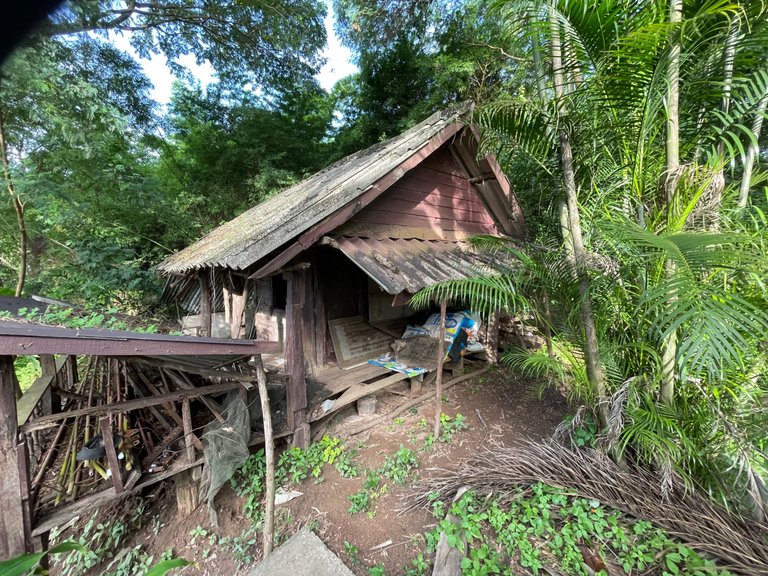
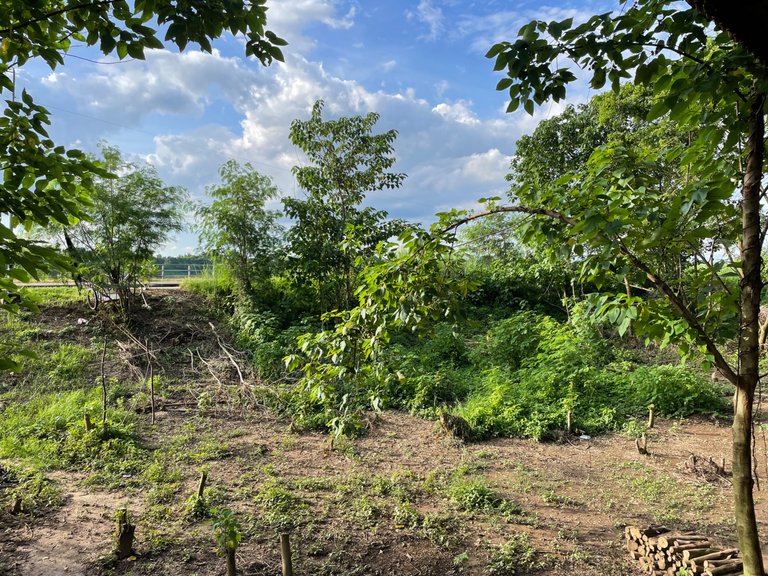
In a way, it was good to be flexible about the appointment time in the rural area. Traveling from one location to the other point could be disrupted by unforeseen delays. Neighbours or monks could ask for assistance on unexpected issues or bad news could arrive to upset daily activities. So, I had learned to be flexible about keeping time in local setting. I shouldn’t tell people off for being late with the appointment by 30 minutes. The agriculture setting made the concept of time un-exact and flexible. Contrary to modern western way of office work, people’ lives have become like machines and automatons.
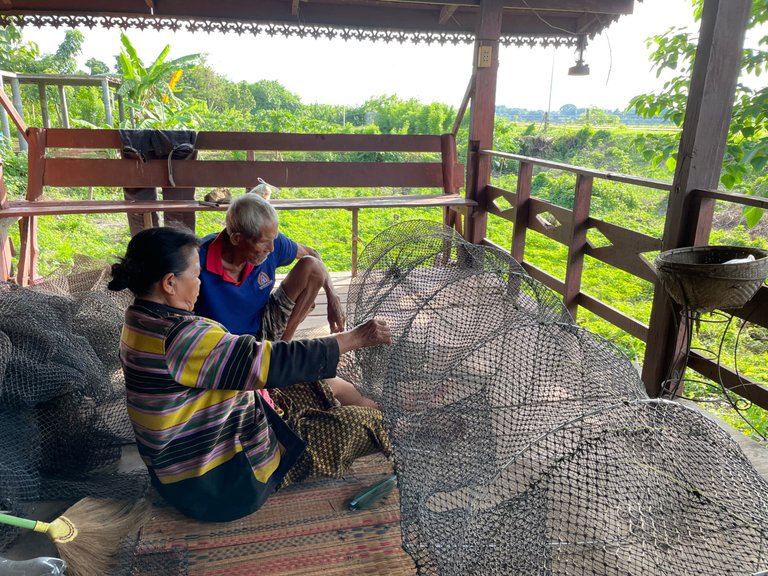
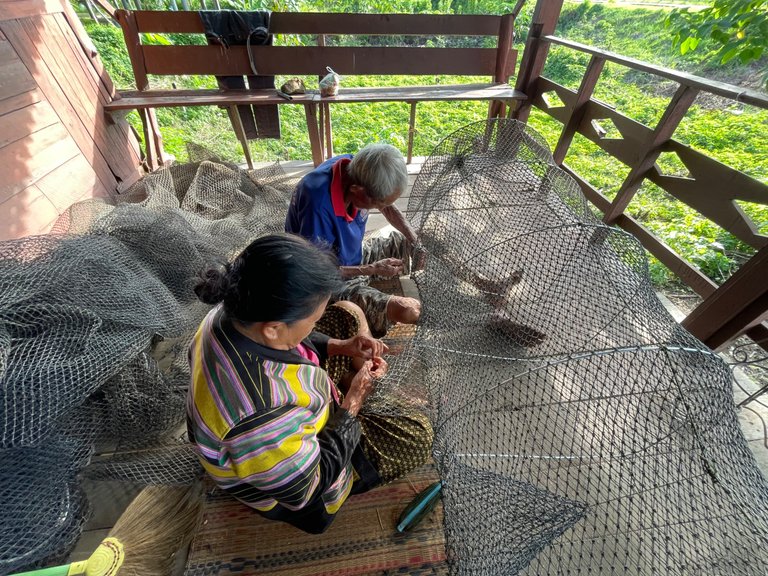
It was a pleasant ride along the dirt road as the surroundings were very green from recent rain. The old hut was a bit dilapidated as it was abandoned for over twenty years. But it still looked very sturdy as it was built from solid hard wood many years ago. In the past, the wealthy owners used to entertain his friends in the evening on the veranda. They would have beers and whisky under a n oil lamp with the view of the river and sunset. As they got older and had become diabetic, they tended to stay at the big house on town. So, they needed someone to look after this old hut and land after being left unattended for years.
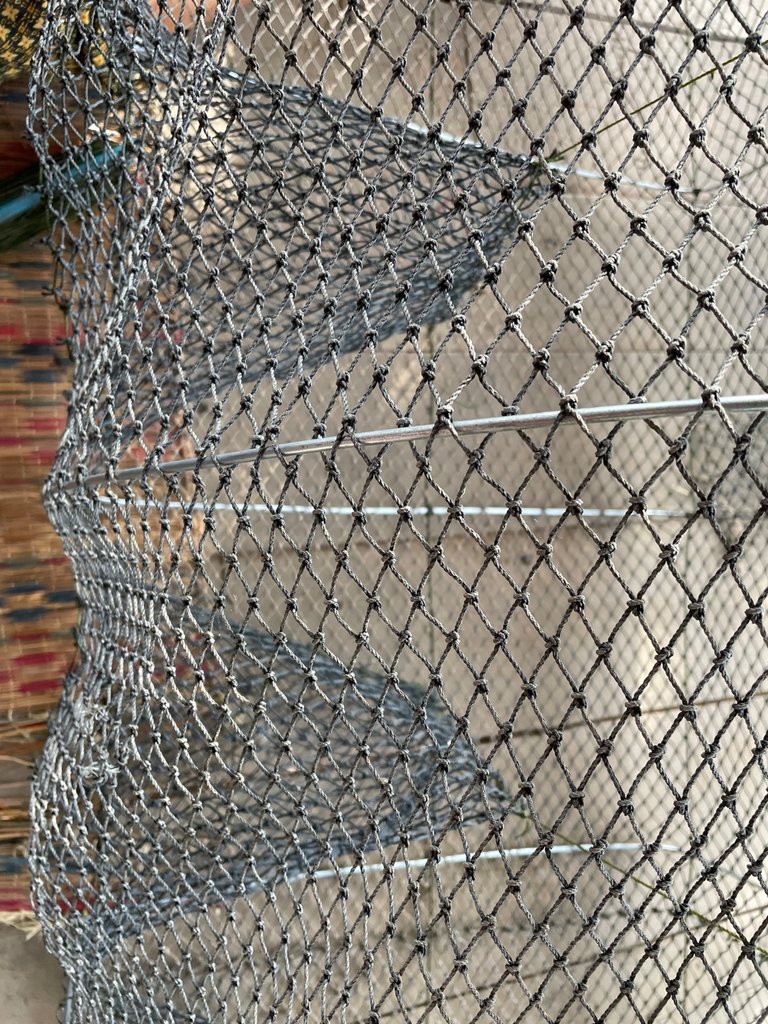
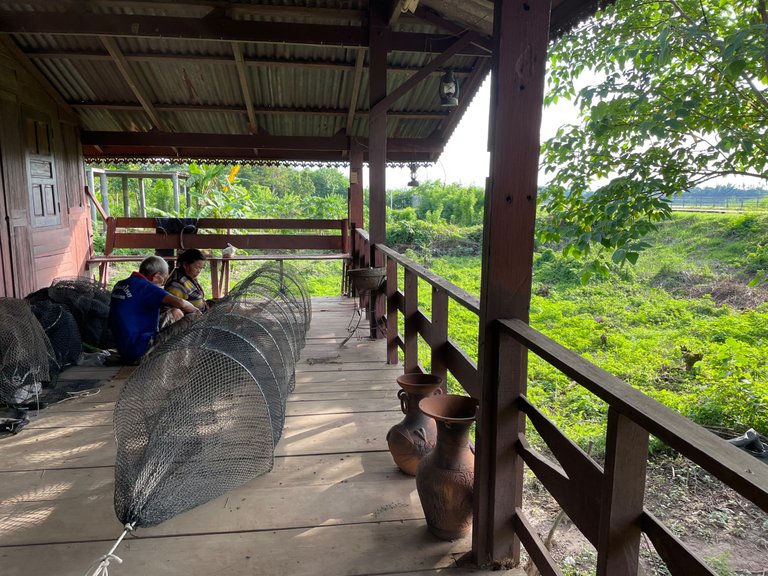
This hut made it very convenient for the elderly couples to start fishing full time again. The riverbank was only a stone throw away from the hut. They could take shelter from rain under the hut and enjoy their lunch on the veranda. I told them I would love to have a glass of red wine on the veranda one evening. Perhaps I should organise a fish barbecue party for a few old villagers there one day. Then I could have lovely memories of those precious moments.
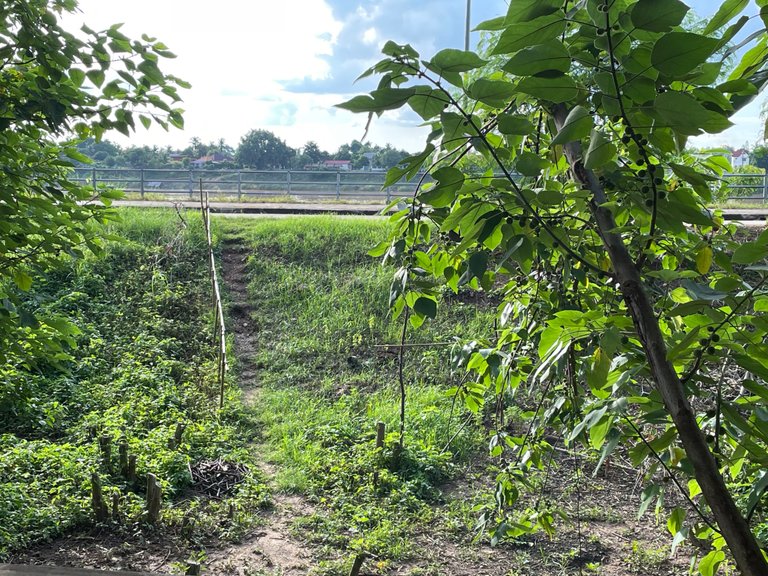
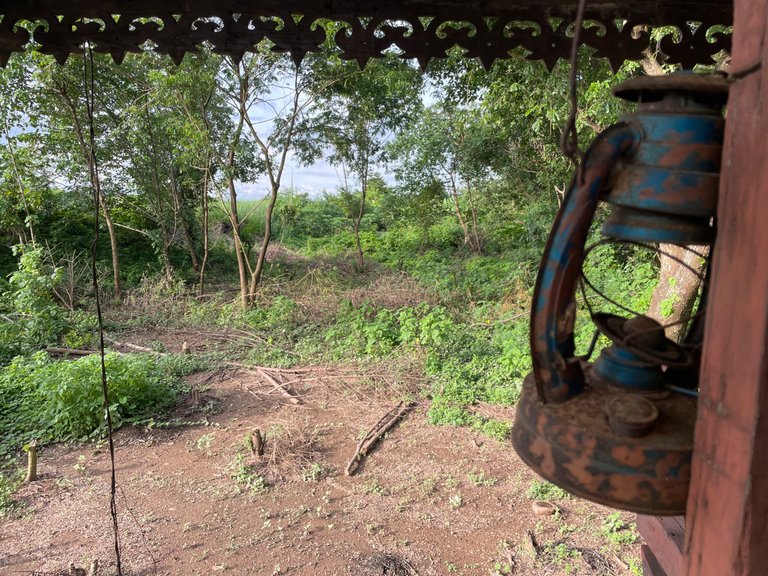
I had the opportunity to watch the old man making his special traps for leaving submerged in the river. It took him about three days to finish one trap. His wife helped in weaving the net around the frame. It looked quite complicated to me, his wife told me he saw this kind of trap at a village in the other town. So he memorised the look of the trap and bought the wire and nylon to make his own fish traps. I was quite amazed by the old man’s memory and his ability to make such a big and expandable trap. My gardener told me he could catch 2 kilos of small fish everyday. He actually made almost ten traps and placed them along the river. So, they could find his protein sources everyday. I ought to buy some of his fried fish for grilling later.
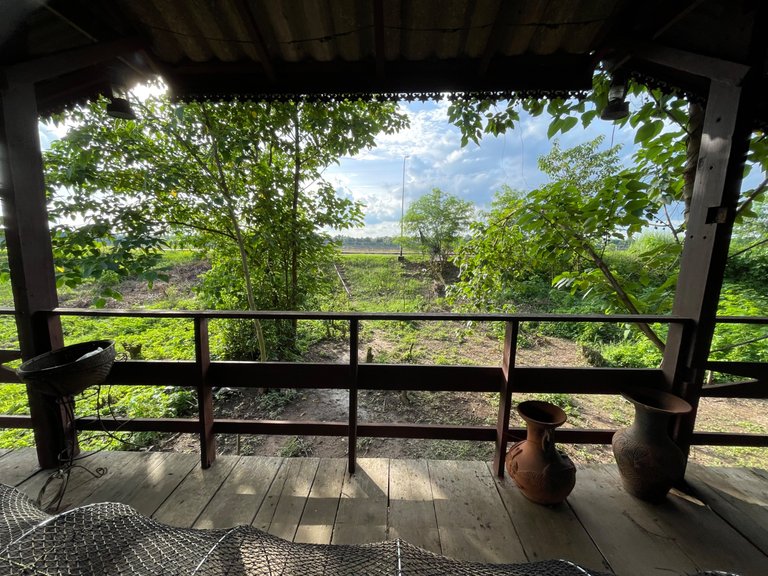
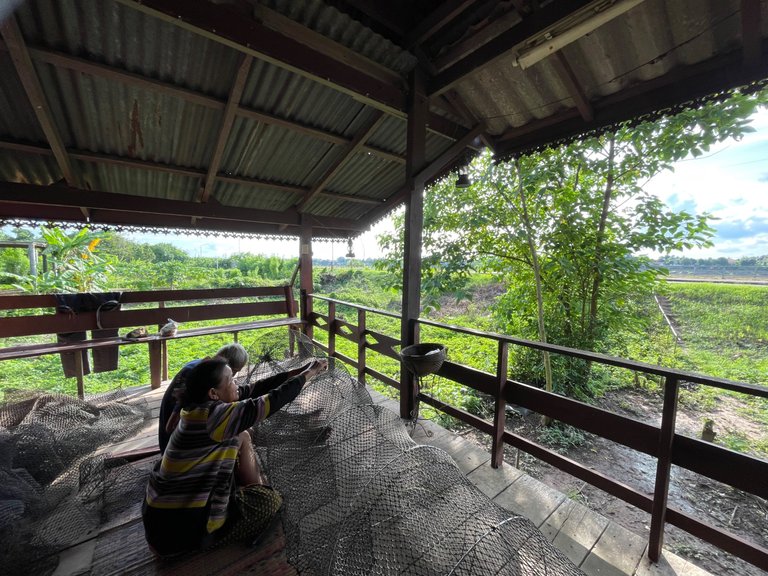
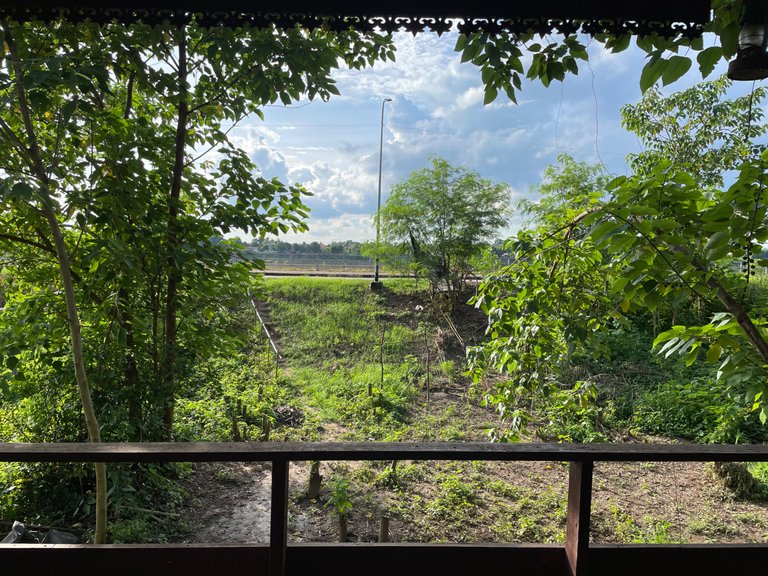
They had cleared the land in front of the old hut. In rainy season the soil would be too wet and soggy for planting vegetables. I stopped by the riverbank to check out their fishing traps the other day. They were busy checking out those traps in the river. I have been thinking whether I should learn to fish one day. My gardener was quite good at catching fish with her big net. Perhaps the future war would dictate how we ought to survive the break down in the supply chains. Meanwhile, we have to have our wits about us and enjoy life mindfully each day.
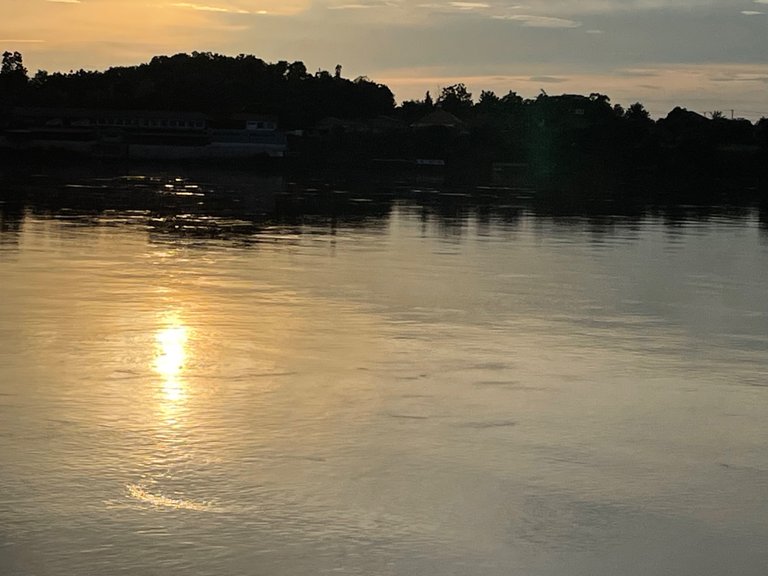
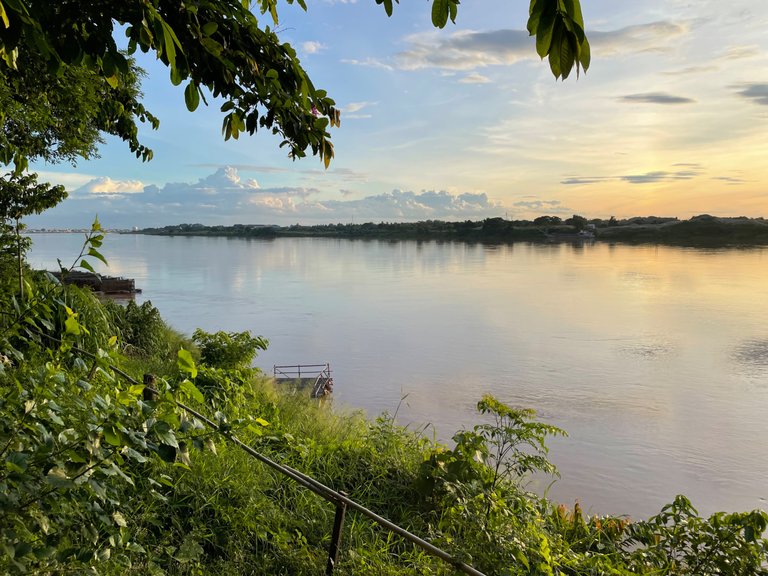
Wishing you peace, good health and prosperity.
Stay strong and cheerful.
#beautifulsunday hosted by @ace108
Some people are suitable getting involve in fishing while others need to beware. Check the birth chart first in case it interferes with karmic repercussions. It's very wise that wealthy people in town allow elderly villagers to look after their property. At the very least, the spiritual realm will stay away from their property.
Yup! I don’t think I could be any good with fishing. I couldn’t handle slippery wet fish that are starring at me!
The old hut had an old land spirit. I used to smell lovely flower scent coming from the house .
What a sweet post Kaminchan. The couple are very fortunate to have you as a friend.
Thank you very much. I think I was very lucky to have these villagers as my friends. I could learn a lot from them about local culture and old tales.